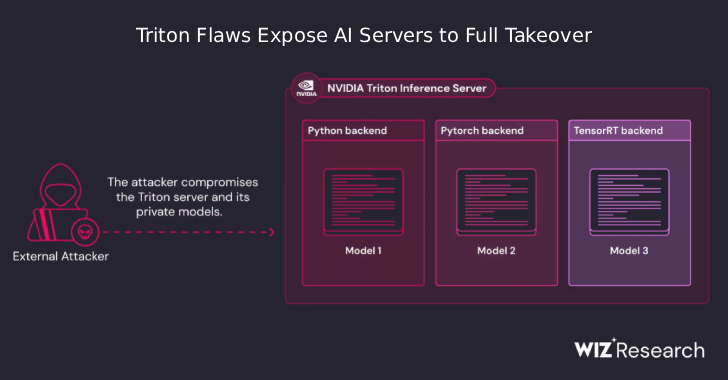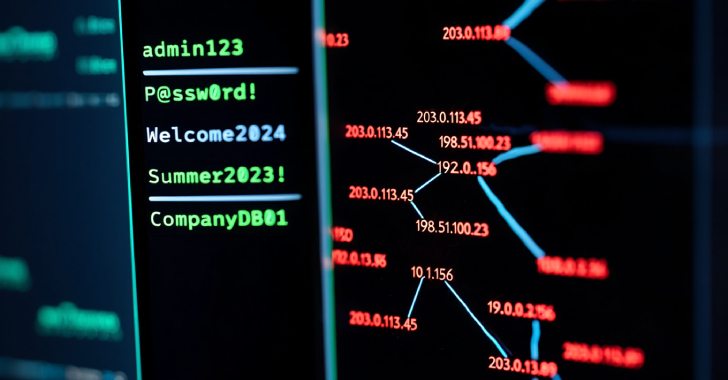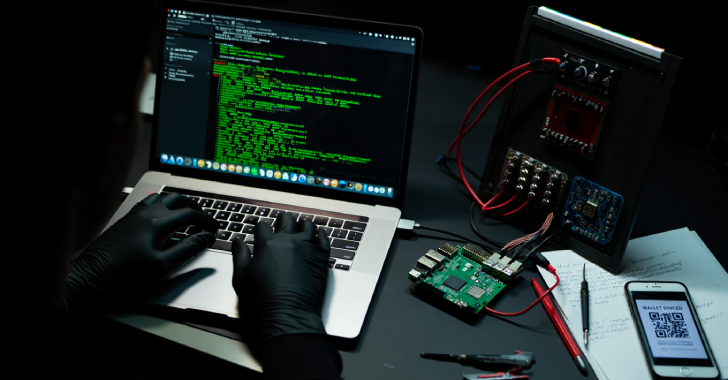
Ten Key Factors in CJIS Compliance
Criminal Justice Information Services (CJIS) compliance is of paramount importance for organizations that handle, store, or transmit criminal justice information. CJIS compliance ensures the security and integrity of sensitive data and helps protect against unauthorized access or disclosure. To meet the requirements of CJIS, organizations must consider ten key factors that contribute to attaining and maintaining compliance.
- Physical Security: One of the foundational elements of CJIS compliance is physical security. Organizations must implement robust measures to secure facilities where criminal justice information is stored or processed. This includes access controls, video surveillance, intrusion detection systems, and secure storage for devices containing sensitive data.
- Access Controls: Effective access controls are crucial for protecting CJIS data. Organizations should employ strong authentication mechanisms, such as multifactor authentication (MFA), to ensure that only authorized personnel can access the information. Password policies must be enforced, mandating the use of strong passwords and regular password changes. Access privileges should be granted on a need-to-know basis.
- Encryption: Encryption is a critical component of CJIS compliance. All data at rest, in transit, and in backup storage must be encrypted using approved algorithms. Encryption protects the data from unauthorized access, even if a breach were to occur. Organizations must ensure that encryption keys are adequately managed and secured.
- Auditing and Accountability: Regular auditing and accountability mechanisms are vital for CJIS compliance. Organizations should implement robust audit logging to track access to criminal justice information. Logs should include successful and unsuccessful access attempts and be retained for a specified period. Regular reviews of these logs help identify potential security incidents and ensure accountability.
- Incident Response: Organizations must have a well-defined incident response plan in place to effectively address security incidents. CJIS compliance requires prompt reporting, investigation, and response to any discovered incidents. Organizations should train employees on appropriate incident response procedures and establish protocols for containing and mitigating the impact of incidents.
- Secure Networks: Maintaining a secure network infrastructure is paramount for CJIS compliance. Organizations must implement and maintain firewalls, intrusion prevention systems, and secure configurations to protect against external threats. Regular vulnerability assessments and penetration testing help identify and address network vulnerabilities.
- Personnel Security: Personnel procedures play a vital role in CJIS compliance. Organizations must conduct thorough background checks for employees who handle criminal justice information. Employees should receive comprehensive security awareness training, covering topics such as data handling, incident reporting, and the ethical use of information.
- Data Disposal: Proper data disposal practices are essential for CJIS compliance. Organizations must ensure that data is securely erased from devices before disposal. This includes following approved methods for media sanitization, such as degaussing or physical destruction, to prevent the potential exposure of sensitive information.
- Third-Party Management: If organizations engage third-party vendors or service providers to handle criminal justice information, they must ensure these entities are CJIS compliant. Organizations should establish sound contractual agreements that outline the security requirements and responsibilities of both parties. Regular audits and assessments of third-party compliance are crucial to maintaining data security.
- Training and Awareness: Ongoing training and awareness programs are key elements of CJIS compliance. Organizations must provide comprehensive security training to employees at all levels. This training should cover topics such as handling sensitive data, recognizing social engineering attacks, and reporting security incidents. Training programs help reinforce security best practices and ensure employees remain vigilant against evolving threats.
Achieving and maintaining CJIS compliance requires a holistic approach to information security. It is not a one-time effort but an ongoing commitment to protecting criminal justice data. Organizations must stay abreast of changes to the CJIS Security Policy, as well as any additional requirements imposed by individual states. Conducting regular risk assessments allows organizations to identify and address vulnerabilities proactively.
Implementing these ten key factors in CJIS compliance not only ensures the protection of sensitive information but also helps build trust between law enforcement agencies and the public. CJIS compliance is an essential aspect of maintaining the integrity of criminal justice systems and upholding the confidentiality of individuals involved in law enforcement processes.
Contact Cyber Defense Advisors to learn more about our CJIS Compliance solutions.





